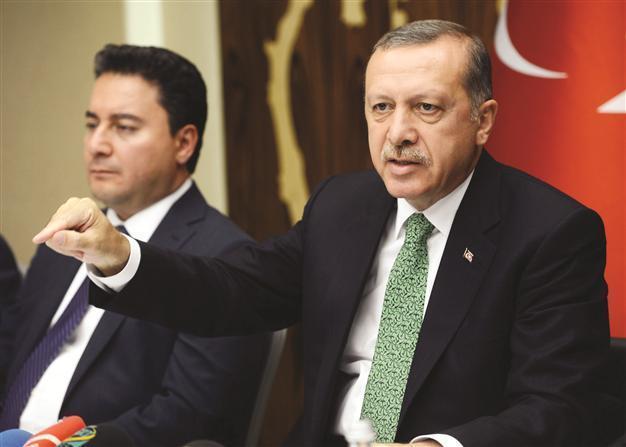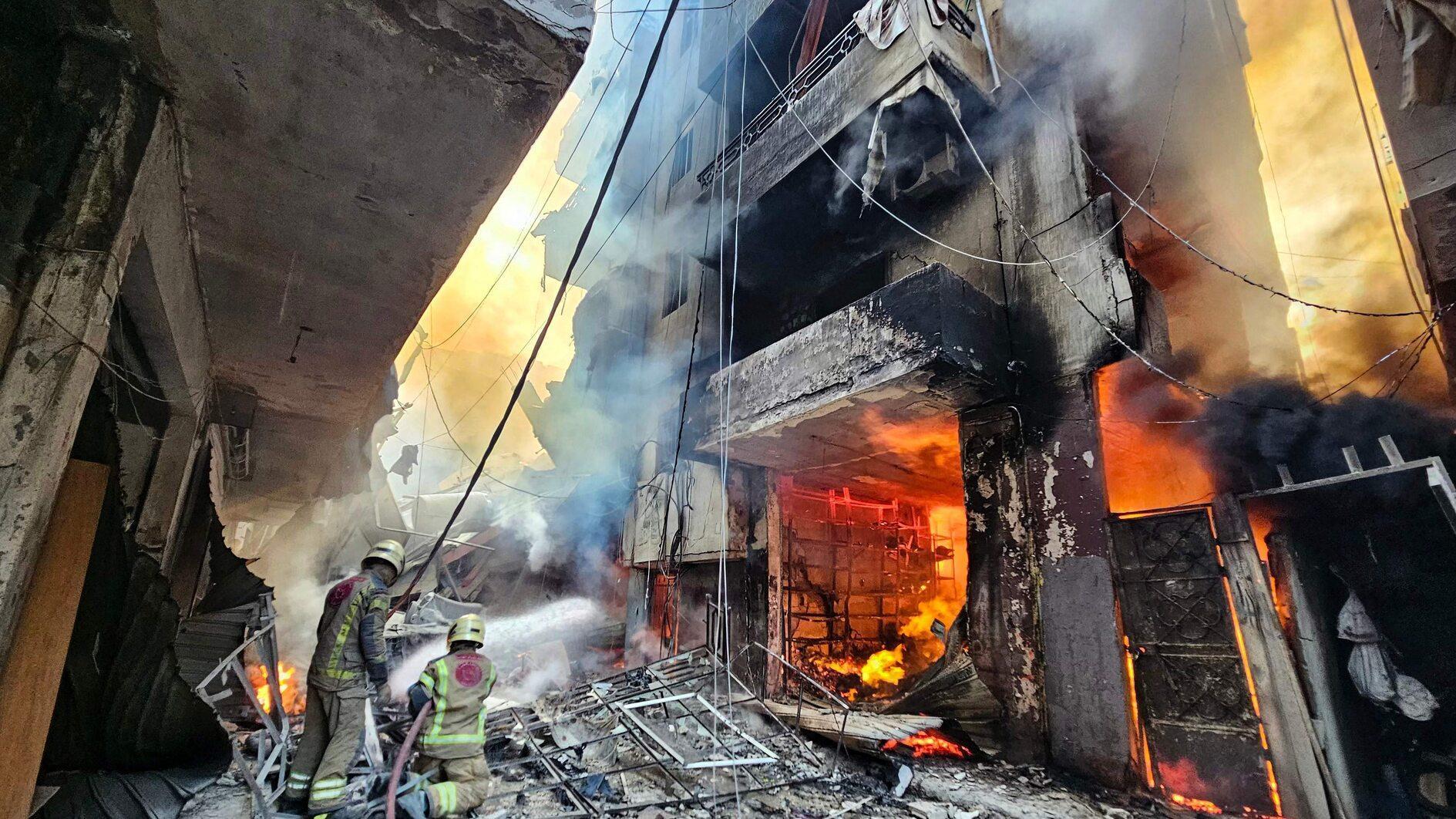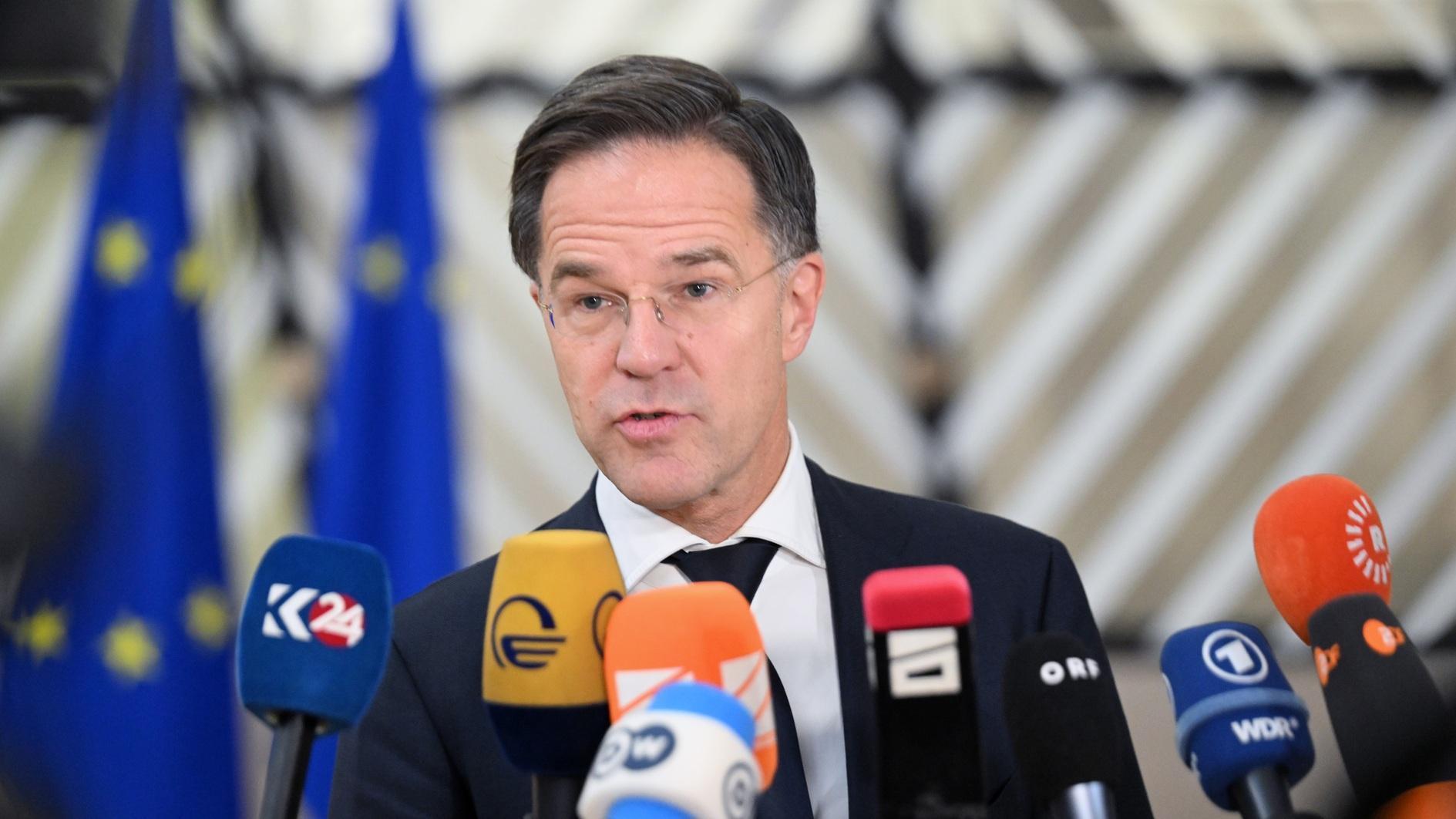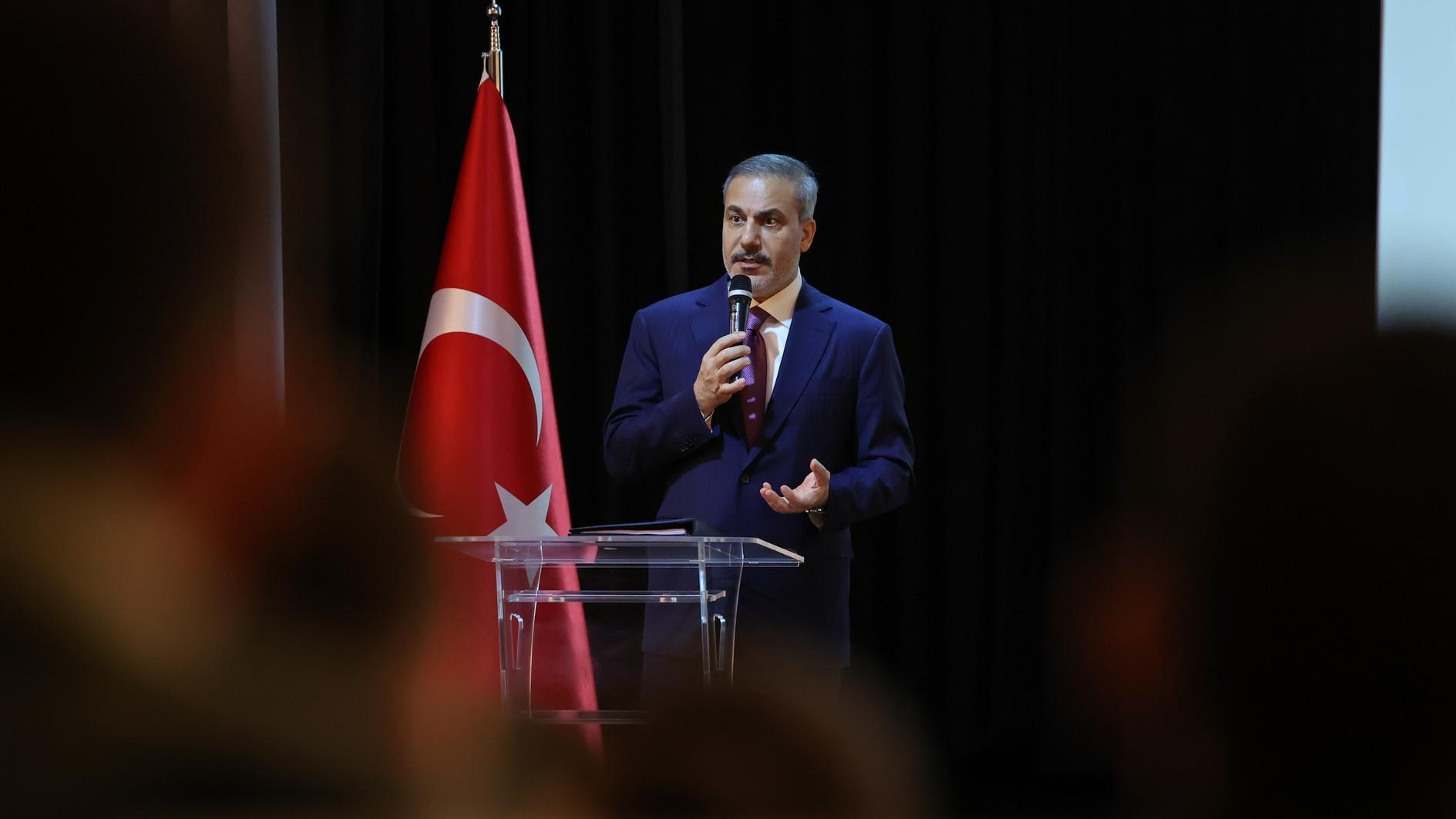Ruling party mulls changes in Cabinet for local elections
ANKARA – Hürriyet Daily News

Turkish PM Recep Tayyip Erdoğan (R) is seen with Deputy PM Ali Babacan, who is expected to remain his position in any reshuffle. AA photo
It was Prime Minister Recep Tayyip Erdoğan who hinted that the legislative year could well begin in mid-September, two weeks before its normal beginning on Oct. 1. However, the deepening Syrian crisis, as well as delays in accomplishing the democracy package aiming to satisfy the expectations of the Kurds, are seen as hurdles before the opening of Parliament before Oct. 1. This could have important political consequences and may lead to changes in some important processes, including the prospective Cabinet reshuffle.Parliament will enter a tight schedule after September. The extension of previously granted parliamentary authorization for the government to send troops into Syria is set to expire on Oct. 4, while the democracy package, the legislation of a number of important bills and international agreements, and the approval process of the 2014 budget, are among the other works that have to be completed by Parliament in the next two months. In addition, the legal process for the March 2014 local elections will begin at the end of December. The local elections will be followed by a presidential election in August 2015 and parliamentary elections in June 2015. Turkey will therefore breathlessly run for three consecutive elections.
A Cabinet reshuffle ahead of the local elections has long been discussed in political circles. However, the Syrian crisis and the government’s hesitancy in moving forward in the resolution process over concerns that it could provoke a nationalist reaction could lead to a change in the plans, delaying both the reshuffling of ministers and the local elections calendar.
According to impressions I got from Justice and Development Party (AKP) officials, the Cabinet reshuffle is not expected to take place before the New Year. It’s well known that Prime Minister Erdoğan does not like to change his ministers and staff frequently. Those ministers – many of whom will not be able to be re-elected to Parliament due to the three-term ban - who will run for mayoral positions will be selected by Erdoğan according to the results of public opinion polls, which will be carried out in the fall.
The prime minister is expected to nominate around five of his current Cabinet ministers for the mayoral positions of metropolitan municipalities, including Istanbul, İzmir, Antalya, etc. Although some officials believe this number could go up to 10, there are others who believe Erdoğan will only appoint three of his ministers for the local elections.
The reason cited for keeping this number low is Erdoğan’s strategy of keeping his most trusted men in the Cabinet over the course of three consecutive elections. He will keep the backbone of his Cabinet unaffected until June 2015 parliamentary elections. For example, Deputy Prime Minister Ali Babacan, responsible for the economy, will surely not be running for any mayor’s position because of his success in running the economy. There are also suggestions that Babacan could even be nominated as a minister in the post-2015 process, although he will not be able to be a parliamentarian because of the AKP’s three-term rule.
Likewise, it is speculated that Erdoğan will not allow Transport Minister Binali Yıldırım, one of his most trusted men, to run for the local elections, although Yıldırım is seen as the most important potential nominee of the AKP to become either the Istanbul or Izmir mayor. It would not be a surprise if he was to keep his post until parliamentary elections. Yıldırım is also seen as among the candidates to become prime minister, along with Deputy AKP leader Mehmet Ali Şahin, in the event that Erdoğan is elected to the presidency next year. Given these speculations, the chances for current Istanbul mayor Kadir Topbaş or EU Minister Egemen Bağış to run for the Istanbul mayor’s position seem to be increasing.
Instead of reshuffling the government in the fall, Erdoğan could go for a limited change in the Cabinet, in order to keep his most trusted men with him in the face of three consecutive elections. That’s why this much-expected Cabinet reshuffle could take place in the New Year, if there are no last minute surprises.
The BDP eyes PKK leader Öcalan
The government’s delaying of steps in the resolution process with the outlawed Kurdistan Workers’ Party (PKK) has also escalated the disturbance among Kurds. There are even statements coming from prominent PKK leaders warning the government about a possible halt to the withdrawal of militants. Spokespersons of the Peace and Democracy Party (BDP) are also leveling their criticisms.
The government is expected to publicize its democracy package soon, amid growing concerns.Following the release of the package, a BDP team is expected to visit Öcalan in his prison on İmralı Island, before contacting with other PKK officials in Europe and northern Iraq, in order to shape a position on how to assess the content of the package. Expectations are that the Kurds will increase their tone against the government and the level of pressure, but will refrain from damaging the resolution process.
Four names for CHP’s Ankara bid
There are four names – two men and two women – being touted as possible Republican People’s Party (CHP) candidates for the Ankara mayoral election. The female candidates are Emine Ülker Tarhan and Aylin Nazlıaka, both of whom were active during the Gezi Park protests. The two men are party spokesman Haluk Koç and Muharrem İnce, one of the party’s most popular figures. In the event of the AKP selecting current Ankara Mayor Melih Gökçek once again, it is most expected that the CHP would choose to challenge him with either Koç or İnce.
















